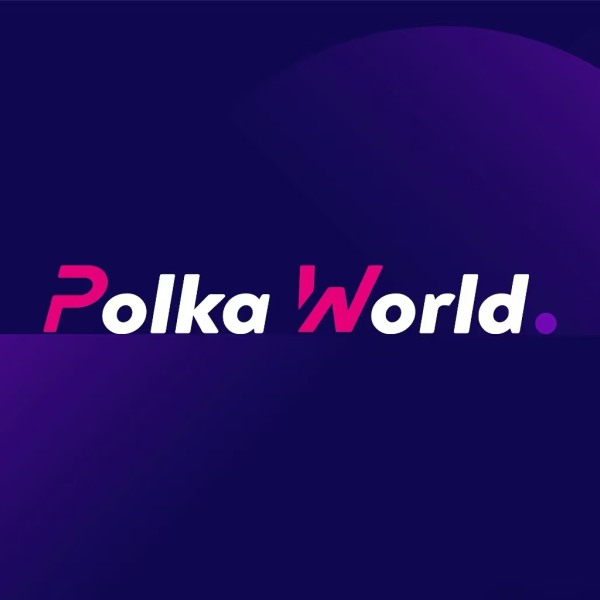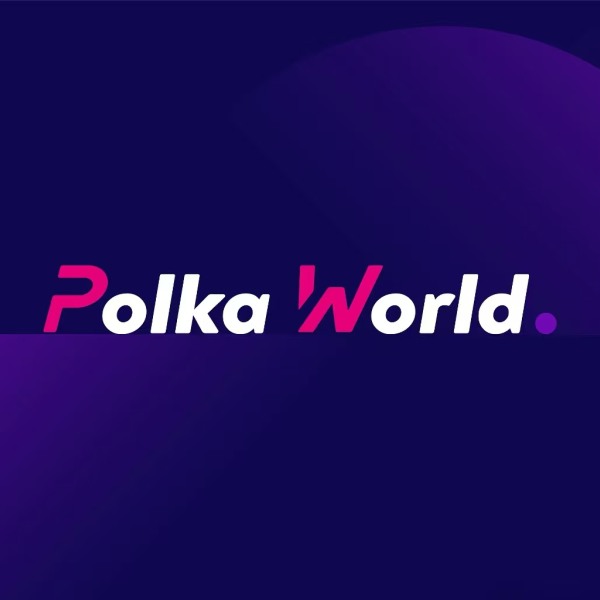The SEC innovation exemption is a temporary regulatory relief allowing digital asset firms to launch token sales, staking and multi-asset trading with reduced compliance while the SEC finalizes Project Crypto rules, targeted for completion by December 2025, per Chair Paul Atkins.
-
SEC to roll out an innovation exemption by Dec 2025 to accelerate crypto product launches.
-
The exemption sits inside Project Crypto and aims to modernize securities law for digital assets.
-
SEC and CFTC plan a joint roundtable Sept 29 to harmonize cross-agency crypto oversight; MiCA cited for international context.
SEC innovation exemption: Temporary relief for crypto firms to launch products faster under Project Crypto—learn impacts, timeline, and compliance steps.
SEC to launch innovation exemption by Dec 2025, allowing crypto firms faster product releases under Project Crypto with lighter oversight.
- SEC to introduce innovation exemption by Dec 2025 to speed crypto product launches.
- Exemption is part of Project Crypto aimed at modernizing outdated securities rules.
- SEC and CFTC plan joint roundtable to align crypto regulations for market consistency.
The U.S. Securities and Exchange Commission is preparing to launch an “innovation exemption” for crypto firms by year-end, Chair Paul Atkins confirmed. The exemption would allow digital asset companies to release products more quickly, operating under temporary relief from older rules while the SEC develops clearer regulations for the sector.
What is the SEC innovation exemption?
The SEC innovation exemption is a time-limited regulatory relief designed to let digital asset firms offer token sales, staking, and multi-asset trading features with reduced compliance obligations while the SEC finalizes Project Crypto rules. The exemption is intended to balance market safety and faster product rollout.
How will Project Crypto shape the exemption?
Project Crypto is the SEC’s initiative to modernize securities law for digital assets. The program identifies legacy rules that impede blockchain use and proposes tailored frameworks. The innovation exemption acts as an interim measure to enable product testing and market launches while permanent rules are drafted.
How will the exemption change compliance for firms?
Firms using the innovation exemption will face conditional relief from certain registration and disclosure requirements. Relief is expected to require reporting, enhanced investor protections, and time-limited approvals. Companies must still meet anti-fraud obligations and cooperate with regulator oversight.
What activities may qualify for the innovation exemption?
Qualifying activities are likely to include token sales with investor safeguards, staking services with clear risk disclosures, and trading products that meet predefined custody and governance standards. The SEC has signaled focus on market integrity, custody, and consumer protections.
When will the SEC implement the exemption?
The SEC plans to finalize the innovation exemption before December 2025, according to Chair Paul Atkins. The agency added crypto-related proposals to its Spring 2025 rule list and is scheduling cross-agency coordination to align the approach before rollout.
Why is regulatory coordination with the CFTC important?
Coordination with the Commodity Futures Trading Commission aims to reduce jurisdictional uncertainty and provide consistent rules for platforms that offer both spot and derivatives services. A joint roundtable on Sept 29 will discuss harmonization, reducing compliance gaps for market participants.
| Registration | Full registration often required | Conditional, time-limited relief |
| Investor Protections | Established disclosure requirements | Targeted disclosures and safeguards |
| Use Case | Legacy market designs | Token sales, staking, multi-asset trading |
Frequently Asked Questions
Will tokens automatically be exempt under the new rule?
No. Tokens will not be automatically exempt. Eligibility will depend on meeting specific conditions, disclosures, and any time limits the SEC sets for the innovation exemption.
How can firms prepare to rely on the exemption?
Firms should enhance governance, document investor safeguards, maintain custody best practices, and prepare transparent disclosures. Early engagement with the SEC or compliance consultations is recommended to verify eligibility.
Does the exemption remove anti-fraud obligations?
No. Anti-fraud rules remain in force. The exemption aims to reduce certain registration burdens but does not relieve firms of fraud, manipulative practice prohibitions, or reporting duties required by the SEC.
Key Takeaways
- Interim relief: The innovation exemption provides temporary regulatory relief while Project Crypto creates permanent rules.
- Targeted scope: Expected to cover token sales, staking, and multi-asset trading with conditions.
- Coordination required: SEC-CFTC collaboration and global references like MiCA will shape practical implementation.
Conclusion
The SEC innovation exemption signals a pragmatic shift toward enabling digital asset innovation while preserving market safeguards. Project Crypto aims to modernize outdated rules; the exemption provides an interim pathway for firms to deploy new products under clear, time-bound conditions. Watch for formal guidance before Dec 2025 and prepare compliance frameworks now.




